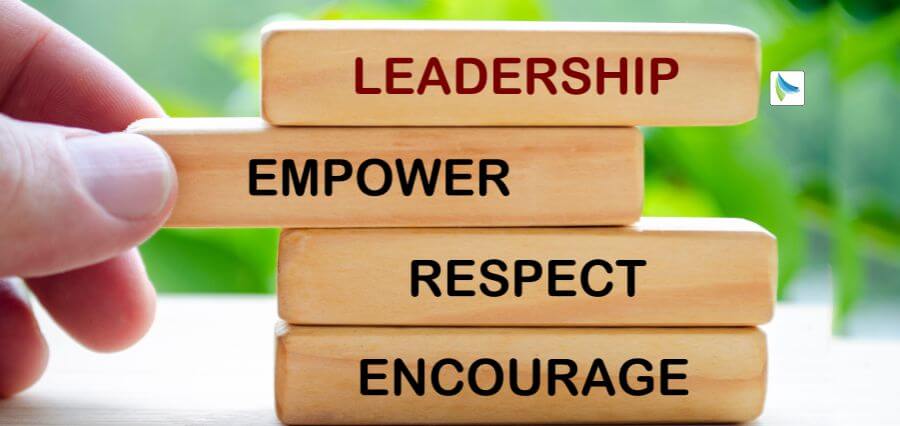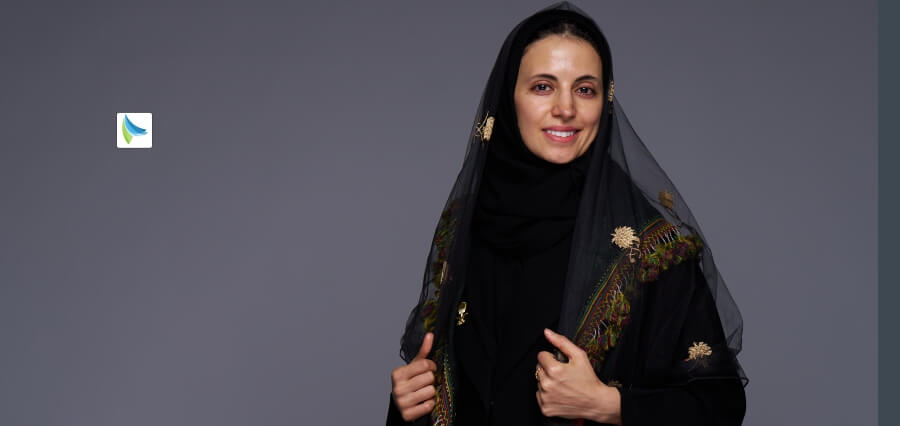With today’s constantly changing global business landscape, the very concept of success is being radically remade. Not only are businesses judged by how profitable they are, but increasingly so by how purposeful, how cultural, and how good a citizen to society they are. As this evolution gathers steam, coaching has become one of the key drivers of positive change in organizations. No longer solely the preserve of executive grooming or personal development, coaching now is a tough, results-oriented practice—one that relates leadership development to organizational change and global accountability.
The Evolution of Philosophy of Coaching
Traditionally, coaching had been considered a remedial tool for correcting deficits or for repairing underperforming leaders. However, within the last ten years, coaching has come to be a future-oriented, strategy-creating partnership. The new generation of cause-driven coaches is concerned with possibilities, not with problems, enabling leaders not only to attain professional excellence but also ethical leadership, purpose-driven decisions, and inspiring others.
This contemporary approach is integrated. Coaches increasingly educate leaders more than quarterly profitability objectives, facilitating alignment between company metrics and greater public results. Building multicultural workplace cultures, coaching sustainable action, or creating strong teams—the movement in coaching is assisting leaders toward a more empathetic and a more responsive manner of working.
Globalization and the Coaching Renaissance
As companies venture across borders and cultures, leadership itself requires more subtle understanding. International patterns of communication, cultural awareness, and flexibility to global challenges are now essential qualities of effective leaders. Impact coaching responds to these subtleties by empowering leaders with the attitudes and competencies to lead multicultural business environments with compassion and clarity.
Coaches are currently training multinational leaders to enable cooperation across geographies, cultural bridging, and inclusive leadership for multi-generational, multi-ethnic teams. This sort of global mindset is not just required but an imperative for sustainable leadership in today’s globalized world.
Coaching as a Tool for Sustainable Growth
Impact coaching aligns with the heightened focus on Environmental, Social, and Governance (ESG) considerations. Organizations are more and more identifying that long-term business success isn’t merely about running effectiveness but also value-based leadership. Coaches are increasingly being requested to assist executives in embedding ESG values in decision-making as well as creating lucrative yet ethical businesses.
Additionally, in high-stakes settings, coaching enables leaders to make ethical decisions, manage crises with dignity, and gain trust from all concerned. Coaching creates inner clarity and outer action—enabling leaders not only to transform but to be the transformation.
In an age of technology, there is increasing demand for personal relationship-based leadership. The most effective businesses in today’s world are those that place people—employees, customers, and communities—at the center of their strategy. Emotionally intelligent coaching builds emotional intelligence, compassion, and authentic communication, enabling leaders to build high-quality, values-driven relationships at all levels.
These people-first leaders are best equipped to inspire diverse teams, foster well-being, and build cultures of innovation and psychological safety. They know that outcomes are not just measured by margins, but by morale, engagement, and true progress.
From Individual Growth to Collective Impact
While coaching was once all about the individual, impact coaching is about systemic change. Coaches are currently working within companies to improve team performance, facilitate cross-functional collaboration and get departments functioning cooperatively with a common vision. By weaving coaching into the fabric of the company, companies are developing leaders at several levels—not only at the leadership level.
This democratization of leadership development has a ripple effect. Leaders who are trained to lead with purpose and influence create ripples that cascade upwards, changing the entire ecosystem—better results, best talent retention, and innovation.
Measurable Value and Strategic ROI
Increasing global boardroom demand for coaching is underpinned by quantifiable results. It is found by a study that coaching results in enhanced performance, increased employee engagement, and greater organizational responsiveness. Businesses no longer wonder why they should have coaching—they’re wondering how they can embed it more within their culture.
Impact coaching has a concrete return on investment—monetary and in terms of lasting brand equity, stakeholder trust, and social return on investment. It is a map to the future, enabling firms to operate at excellence and lead with integrity.
Conclusion: Coaching for a Better Business World
As business confronts increasing complexity, changing expectations, and global accountability, coaching is no longer a leadership luxury—now it is a strategic necessity. Impact coaching is revolutionizing leadership, allowing executives to reconcile performance with purpose and profits with principles.
In a world calling for accountable innovation, shared growth, and moral leadership, coaching is the guide. It enables leaders to unleash not only their potential, but their positive impact on the people, organizations, and communities they serve. As this movement gathers steam, the emergence of impact-driven coaching is forging a smarter, kinder future for business globally.
Read Also: The Coach Behind the CEO: Strategic Support for Visionary Leadership












